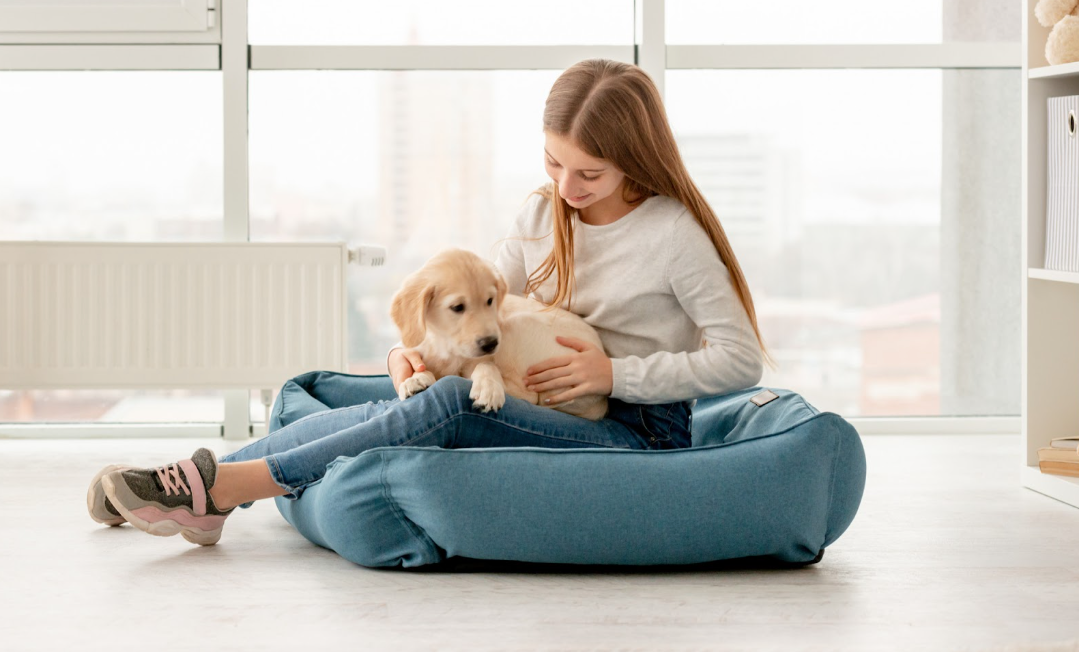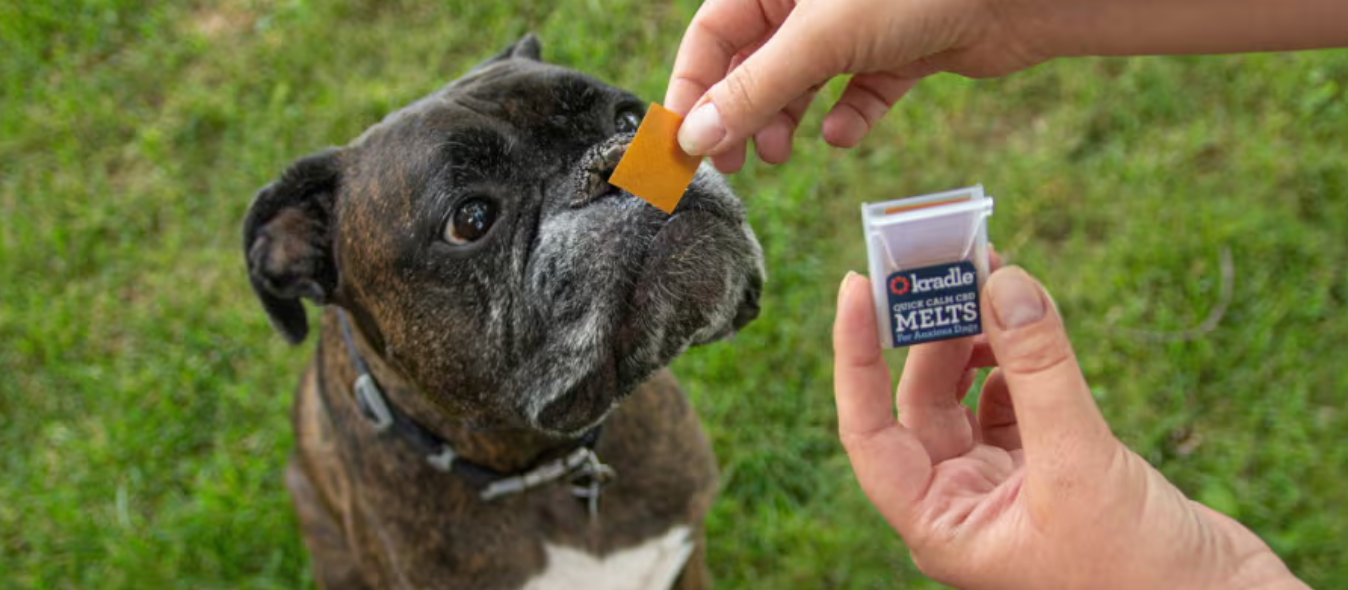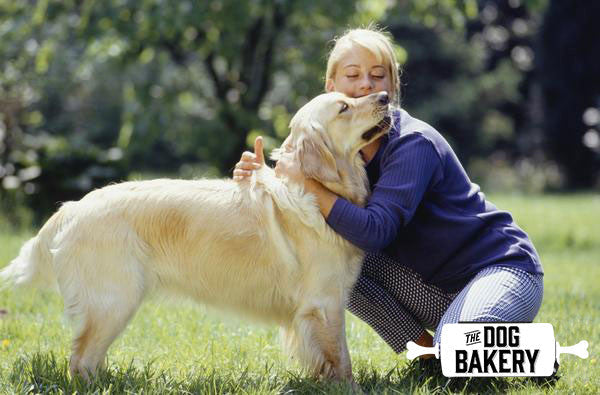Puppies. They're cute, adorable as heck, and as many people know, a lot of work. From the moment your new puppy comes home, they're learning where they fit in. Considering that they've only been alive for a couple months, it's understandable that they need to learn what they can - and can't - do. There's potty training, of course, but one of the biggest issues owners seem to face with a puppy is the dreaded chewing stage.
It's a known fact that puppies chew up everything in sight. They're not picky. They don't care if it's your $5 flip flops or your $100 pumps, they just like shoes. And cell phone chargers. And furniture. Well, pretty much anything they can get their mouths on. Not only is this an expensive problem because you're losing a lot of stuff you're probably attached to, it can also be an expensive trip to the vet's office. Every time your dog chews something up, there's a chance of a blockage or obstruction from whatever they've ingested. Their stomachs can handle a lot, sure, but shoelaces and socks can cause major problems, and in some cases, even death, for puppies.

So needless to stay, it's important to stop puppy chewing before it becomes a problem. But the question is, do you know how to stop your puppies from chewing things up?

Training a Puppy to Stop Chewing
Before you can fix the problem, you need to understand the reasons behind it. Most of the time, puppies chew because they're bored or teething. Separation anxiety may also come into play with both puppies and older dogs alike. Once you've determined the reason for their chewing, then you can take it from there.
If your dog is bored, give them something to do. This may mean more playtime or longer walks to wear them out. Or perhaps, another option might be to put your puppy in doggy daycare while you're away at work. In addition to this, you may also want to purchase a puzzle toy that makes your dog work for their treats. You can find these toys at your local pet store. Brands such as Kong, Twist 'n Treat, or a Buster Cube can be filled with delicious treats that keep them busy. It also keeps their mouths on the toy and not your new shoes or your laptop cable. It's a win-win for both owner and dog. The dog has fun and enjoys a delicious treat, and the owner is less likely to come home to find their couch cushions torn to shreds.
You would just need to fill these toys with puppy or mini-dog treats such as these delicious peanut butter Another interesting and useful tip is to take a Kong and fill it with peanut butter before popping it in the freezer. The frozen DogsButter will take time for the dog to eat, keeping them busy for a long time, as well as providing them with a healthy and yummy treat.

Both of these options also work for teething puppies and those with separation anxiety as well. Teething puppies merely need something safe to chew on, and redirecting them away from the items they're not supposed to eat, in favor of their toys, is the best way to break bad habits early on. Reward your puppy every time they chew on their toy by praising them and letting them know that's what they're supposed to be doing.
For separation anxiety, it can be a bit more challenging. If your dog suffers from severe separation anxiety, you may need to seek out a training professional to help them overcome their fears. However, if your pup is only mildy upset when you leave, you may be able to teach them that you leaving isn't such a scary time – in fact, it can even be a fun time. By providing them with special toys (including the puzzle toys mentioned above filled with food) that they only get when you're gone, you start giving them a reason to actually appreciate being only, rather than fear it.
While giving your dog bones and dental chews is a common practice, I urge you to be wary of all of those things. Many bones and dental chews specifically warn of dog's ingesting the product and the possibility of an obstruction if they do. For this reason, if your dog or puppy is an intense chewer, it might be better to seek out a tough, high-quality toy that's meant for the toughest of canine teeth. If you notice your dog is breaking off large pieces of the bone or chew and eating them, take it away immediately. And never give your dog bones not intended for chewing. Stay clear of any cooked bones as these can lodge themselves in their throat and gastrointestinal tract, sometimes leading to death.
But there is light at the end of the puppy tunnel! Most dogs outgrow the chewing phase, and puppies stop teething at around six months of age. Most likely, this is a temporary blip and a minor annoyance. While there are times you'll wonder if the puppy stage will ever end, sadly, it will be over before you know it. And then, you'll look back on that time and miss it.
So, stop focusing on the frustrating parts and take the time to bond with your new puppy while you have the chance. Because trust me, it's over in a blink of an eye.






